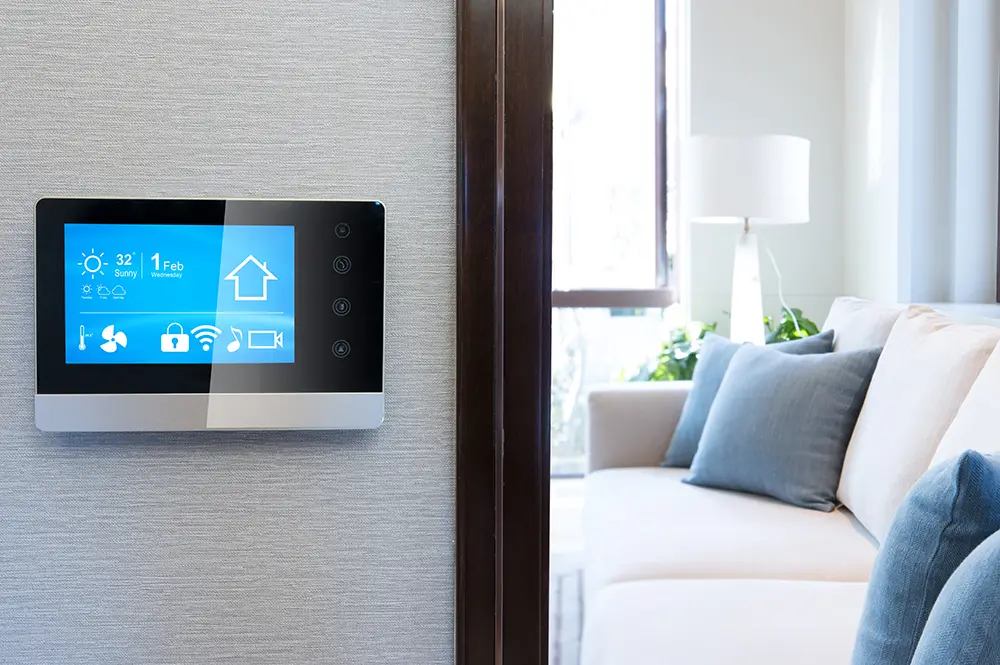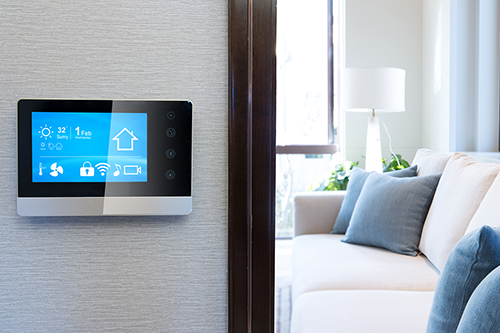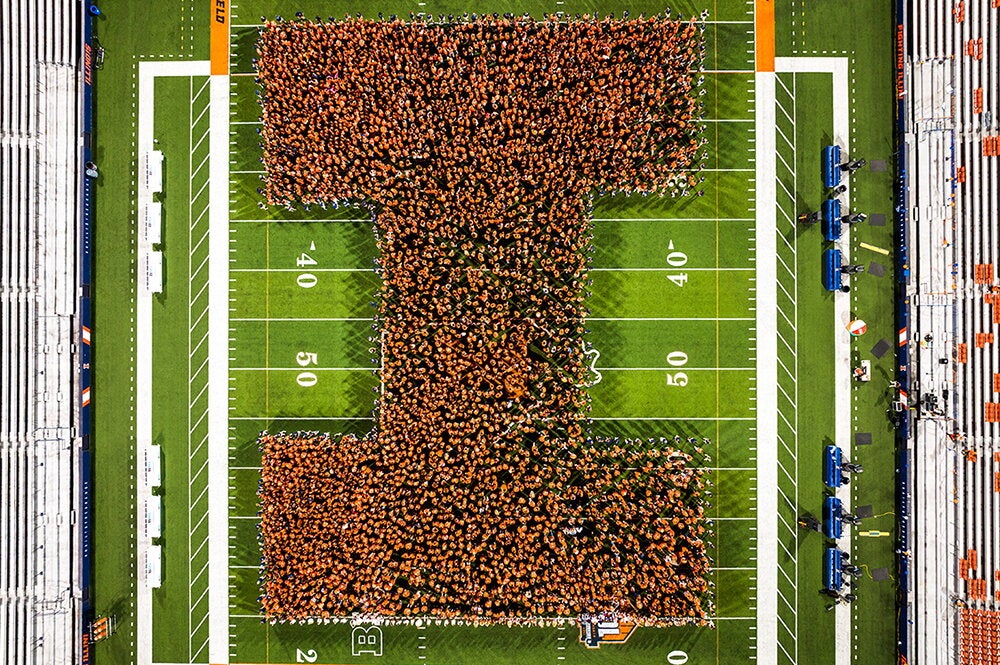

Tried and true ways to save on electricity include turning off lights when you leave the room or unplugging unused electronics. A University of Illinois professor, however, has developed a smart home model that uses dynamic, real-time energy pricing data to operate household appliances in a way that saves the most money.
As Richard Sowers, a professor of mathematics and industrial and enterprise systems engineering, describes it, the model could be incorporated in devices such as Amazon Alexa. For example, someone might load the dishwasher at 7 p.m. and say, “Alexa, turn on the dishwasher later,” and the device uses algorithms to determine when power will be cheapest.
“There’s so much thinking about the smart home. The point of this was also a frugal home,” Sowers said. “Your home may be smart and turn the thermostat on and so forth, but can your home also try to save money intelligently?”

The model, which Sowers explains in a paper in ScienceDirect, relies upon growing and readily available real-time energy pricing, Sowers explained. In short, Sowers and his colleagues built a system that crunches a combination of hourly market prices, spot prices (updated every five minutes), and day-ahead prices (determined by energy market prices established a day ahead of time to reduce volatility) to predict the cheapest time to schedule residential loads such as dishwashers, washers, dryers, and the charging of electric vehicles.
“Our interest here is to develop the notion of smart energy usage in the face of readily available real-time electricity prices. Real-time pricing allows users to better plan and manage their energy consumption,” the study states. “In the extreme, energy prices have on rare occasions been negative, meaning that a user is paid to consume electricity.”
The researchers have created a video to help illustrate the study. You can view it here.
For example, the study determined that between three and four in the morning specifically is the optimum time for a smart home device to turn on electrical appliances, as this is the time electricity prices are the lowest. That timing is significantly better than if you simply manually turn on your dishwasher at 10 or 11 p.m.
The point is, however, that your smart home device would ultimately make that decision for you, and it would save you the most money. This would also help the environment, Sowers explained. Power plants could be more intentional and environmentally conscious with their operations.
“You can envision that adding more appliances at three o’clock in the afternoon might mean you need to burn even more coal,” Sowers says. “Whereas if you have extra energy available at three o’clock in the morning, which makes sense because prices are low, then maybe you don’t need to burn so much fossil fuels overall to turn everything on.”
Sowers ultimately believes there are many potential benefits of this model to smart home technology— and not just with energy pricing.
“You can envision that maybe if my smart home knows that I need some mulch for my garden, and there’s a deal on mulch at my local hardware store, my system can save me some money.”
Sowers said that he and his research team originally intended to incorporate their system into smart home devices currently on the market, but the pandemic put a pause on that work. This is a concept study that will need more analysis before it appears in the market, he explained.


